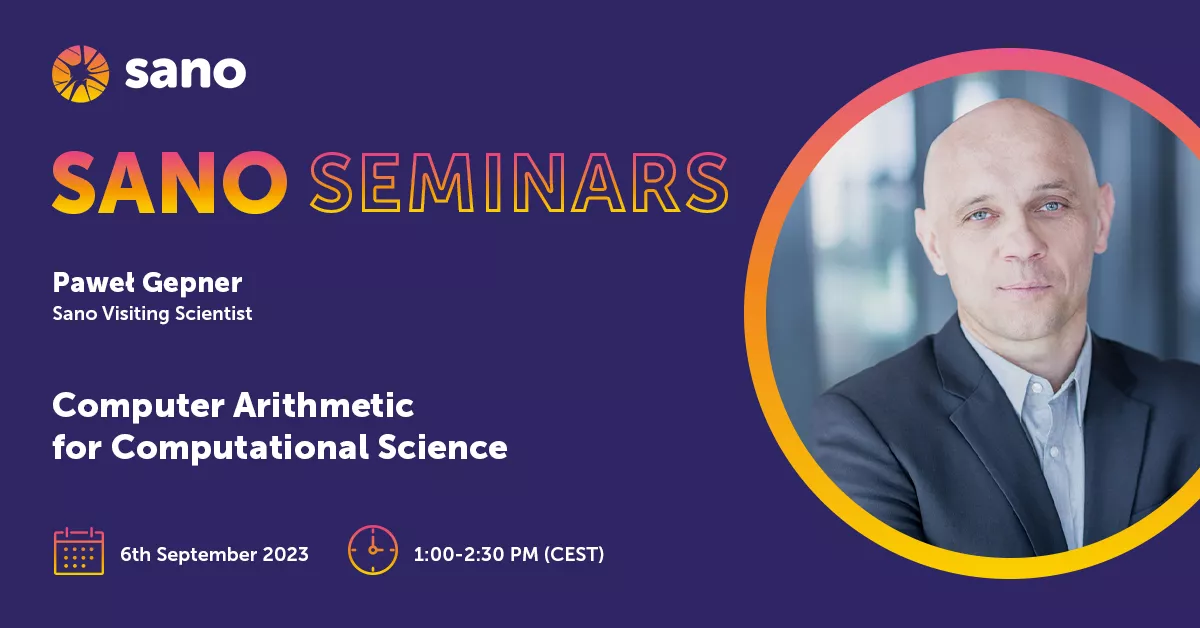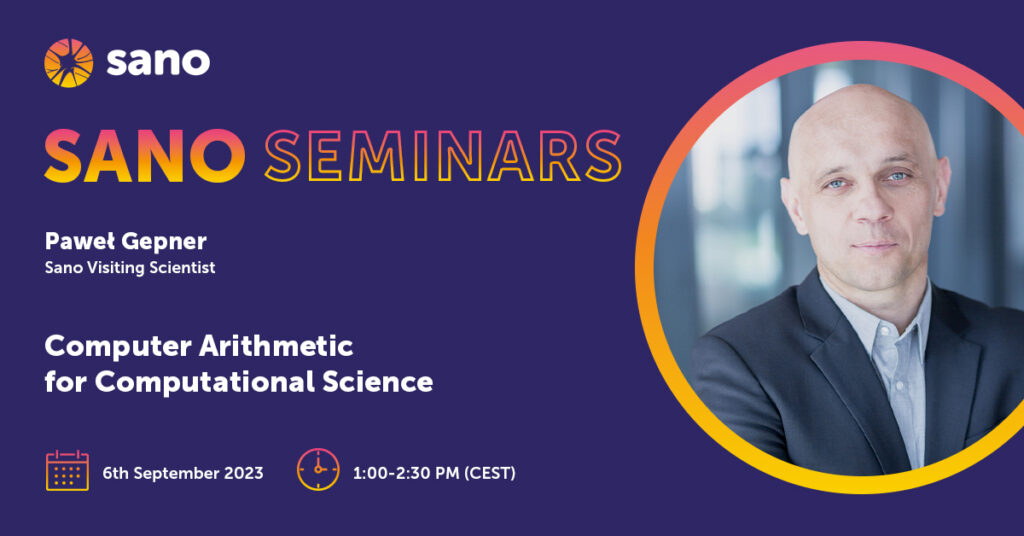
104. Computer Arithmetic for Computational Science
Paweł Gepner – Associated Professor, Warsaw University of Technology, Warsaw, PL
Abstract
The elementary and transcendental functions are essential for many computational applications in science and engineering. Computing them effectively is highly useful in various science and engineering fields. They are essential operations for modern digital signal processing (DSP) processors and in the field of machine learning (ML), mobile 3D graphics systems, high-performance computing (HPC), deep neural networks (DNN) and various scientific computing simulations and experiments, such as the Large Hadron Collider (LHC) where 25% of simulation time was found to be spent in elementary functions.
Particularly in the field of HPC, where graphics processing units (GPUs) are now ubiquitous among the top 500 supercomputers, elementary functions are crucial.
Therefore, many implementations of the basic and transcendental functions have hardware support. Still, many other platforms, such as microcontrollers and other small, low-cost platforms (IoT devices), do not have the luxury of a dedicated hardware implementation.
The elementary and transcendental functions are widely considered expensive functions for software implementation in microcontrollers (MCUs) and FPGAs.
Is it really true? In this talk, I will shed light on this thesis and discuss a simple and efficient way to calculate the elementary and transcendental function in IEEE 754 standard arithmetic types that minimise the number of arithmetic operations versus previous implementations.
About the author
Paweł Gepner was a Senior Hardware & Systems Application Engineering Manager focused on hybridization of Machine Learning and High-Performance Computing platforms at Graphcore.
Prior to Graphcore, he was a Platform System Architect at Intel Corporation, where he spent 24 years and was responsible for the development and design of future server platforms and HPC systems at Intel’s leading partners. During his time at Intel, he led the development team for the first teraflop computing projects in Europe and the first Itanium 2 teraflop installations. He was driving many of the HPC projects, including TASK, SKODA, VW, CERN, and many others.
He is graduated in Computer Science, and he holds master’s and Ph.D. degrees from Warsaw University of Technology and a D.Sc.-Habilitation focused on High-Performance Computing. He is currently a professor of Computer Science at Warsaw University of Technology.
He has written 80 technical papers on Computer Science and Technology. He is also a board member and technology advisor for many international scientific and commercial HPC projects.


